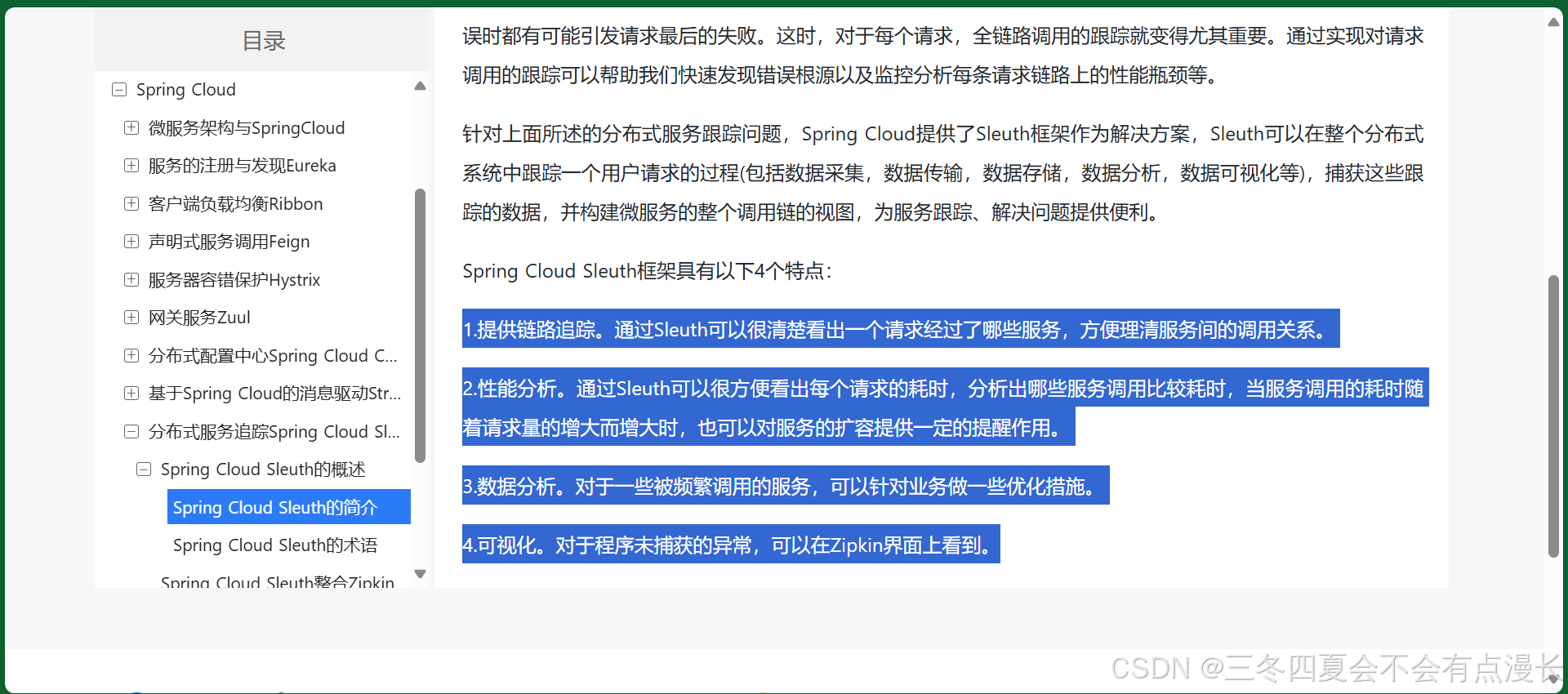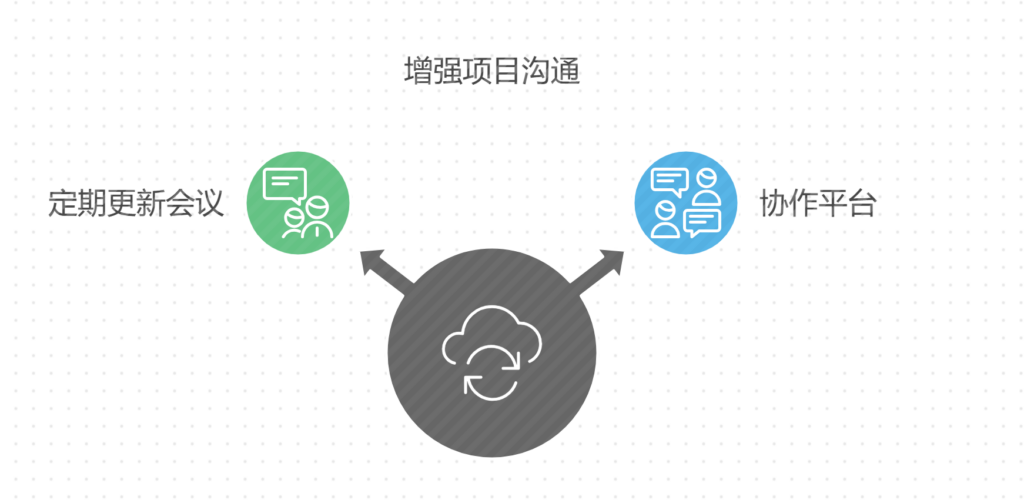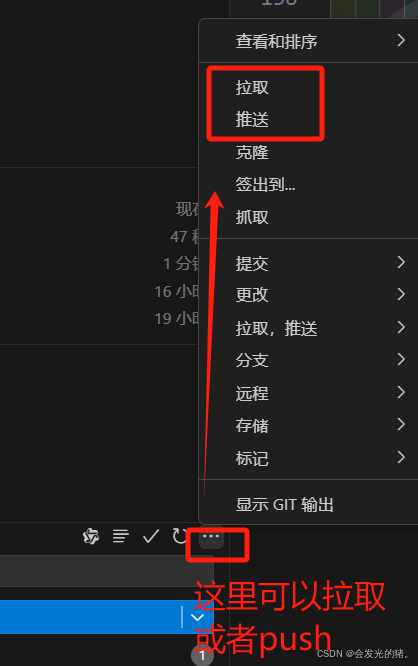
使用 Stream API 可以使代码更加简洁和易读,但如果不恰当地使用或过度使用,确实可能导致代码变得复杂和难以理解。以下是一些常见的问题和改进建议:
常见问题
- 过度链式调用:过度链式调用 Stream 方法会导致代码行过长,难以阅读。
- 复杂的中间操作:过多的中间操作(如 filter、map、flatMap)会使代码变得难以理解和维护。
- 缺乏可读性:如果 Stream 操作过于复杂,可能会导致代码的可读性下降。
- 性能问题:不当的 Stream 使用可能会引入不必要的性能开销。
改进建议
- 拆分复杂操作:将复杂的 Stream 操作拆分成多个简单的步骤,每个步骤负责一个明确的任务。
- 使用变量存储中间结果:通过变量存储中间结果,可以提高代码的可读性和可维护性。
- 避免过度链式调用:适当断开链式调用,使代码更易读。
- 考虑使用传统循环:对于某些简单操作,传统的 for 循环可能更直观和高效。
示例
假设有一个复杂的 Stream 操作:
List<String> result = list.stream().filter(item -> item.getValue() > 10).map(item -> item.getName()).filter(name -> name.startsWith("A")).distinct().sorted().collect(Collectors.toList());
改进后的代码
拆分复杂操作:
List<Item> filteredItems = list.stream().filter(item -> item.getValue() > 10).collect(Collectors.toList());List<String> names = filteredItems.stream().map(Item::getName).filter(name -> name.startsWith("A")).distinct().sorted().collect(Collectors.toList());
使用变量存储中间结果:
List<Item> filteredItems = list.stream().filter(item -> item.getValue() > 10).collect(Collectors.toList());List<String> names = filteredItems.stream().map(Item::getName).collect(Collectors.toList());List<String> filteredNames = names.stream().filter(name -> name.startsWith("A")).distinct().sorted().collect(Collectors.toList());
避免过度链式调用:
List<Item> filteredItems = list.stream().filter(item -> item.getValue() > 10).collect(Collectors.toList());List<String> names = filteredItems.stream().map(Item::getName).collect(Collectors.toList());List<String> filteredNames = names.stream().filter(name -> name.startsWith("A")).distinct().sorted().collect(Collectors.toList());
考虑使用传统循环:
List<String> result = new ArrayList<>();
for (Item item : list) {if (item.getValue() > 10) {String name = item.getName();if (name.startsWith("A") && !result.contains(name)) {result.add(name);}}
}
Collections.sort(result);
总结
使用 Stream API 可以使代码更加简洁和易读,但需要合理使用。通过拆分复杂操作、使用变量存储中间结果、避免过度链式调用以及考虑使用传统循环,可以使代码更加清晰和高效。



















